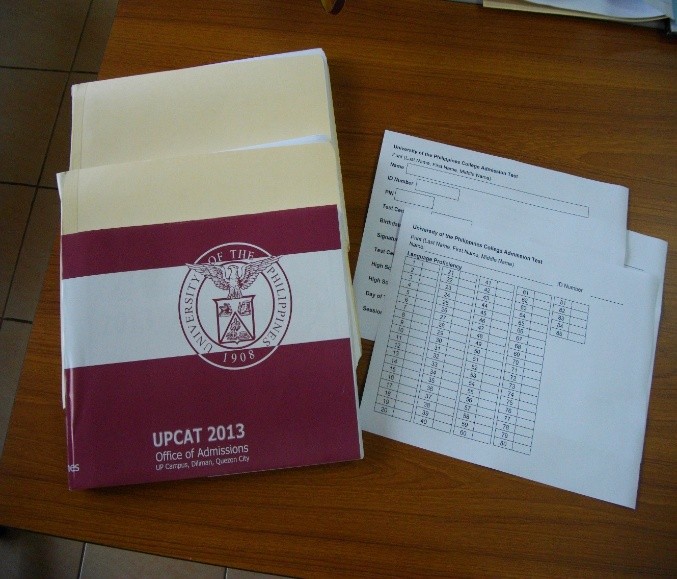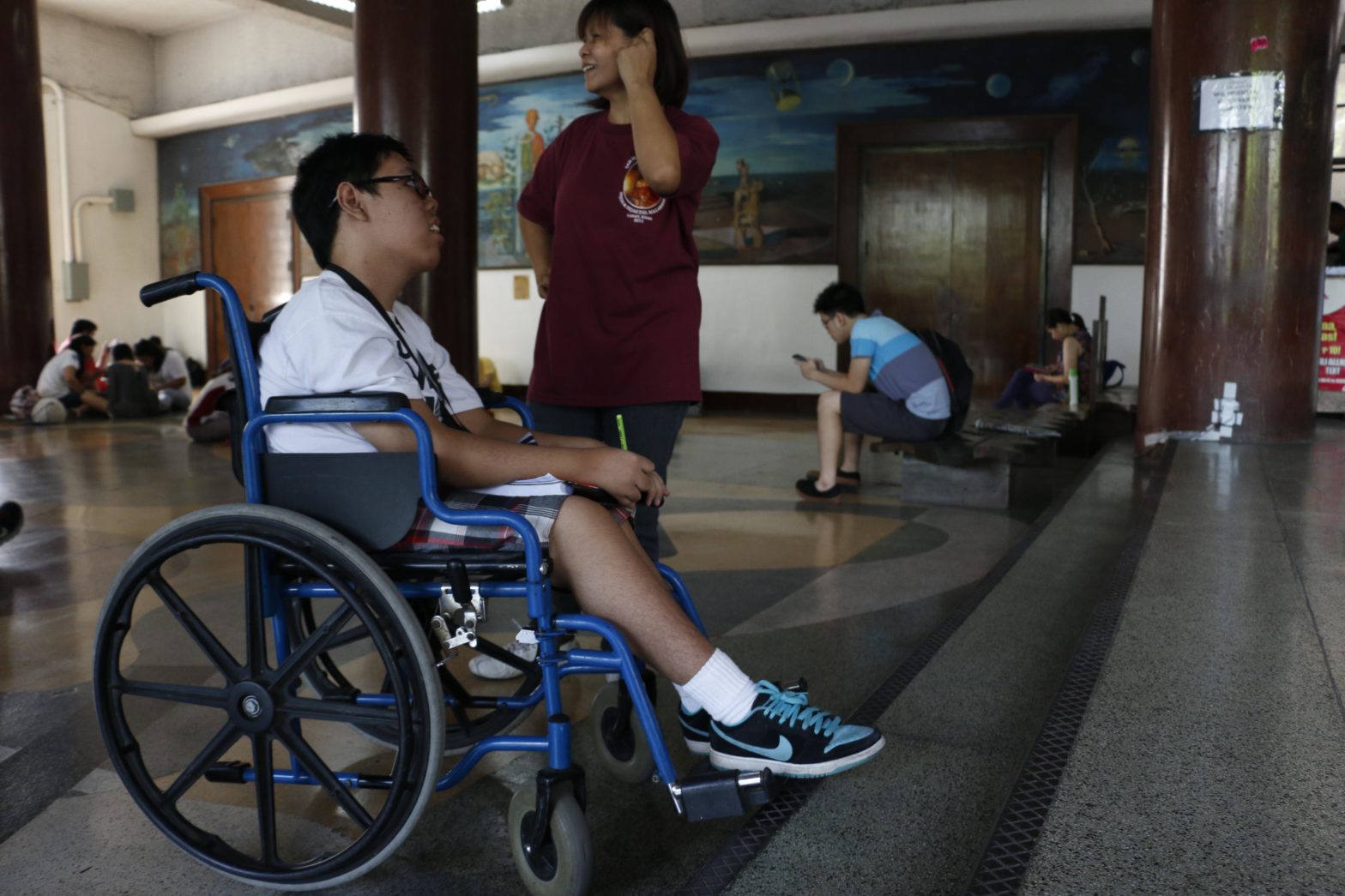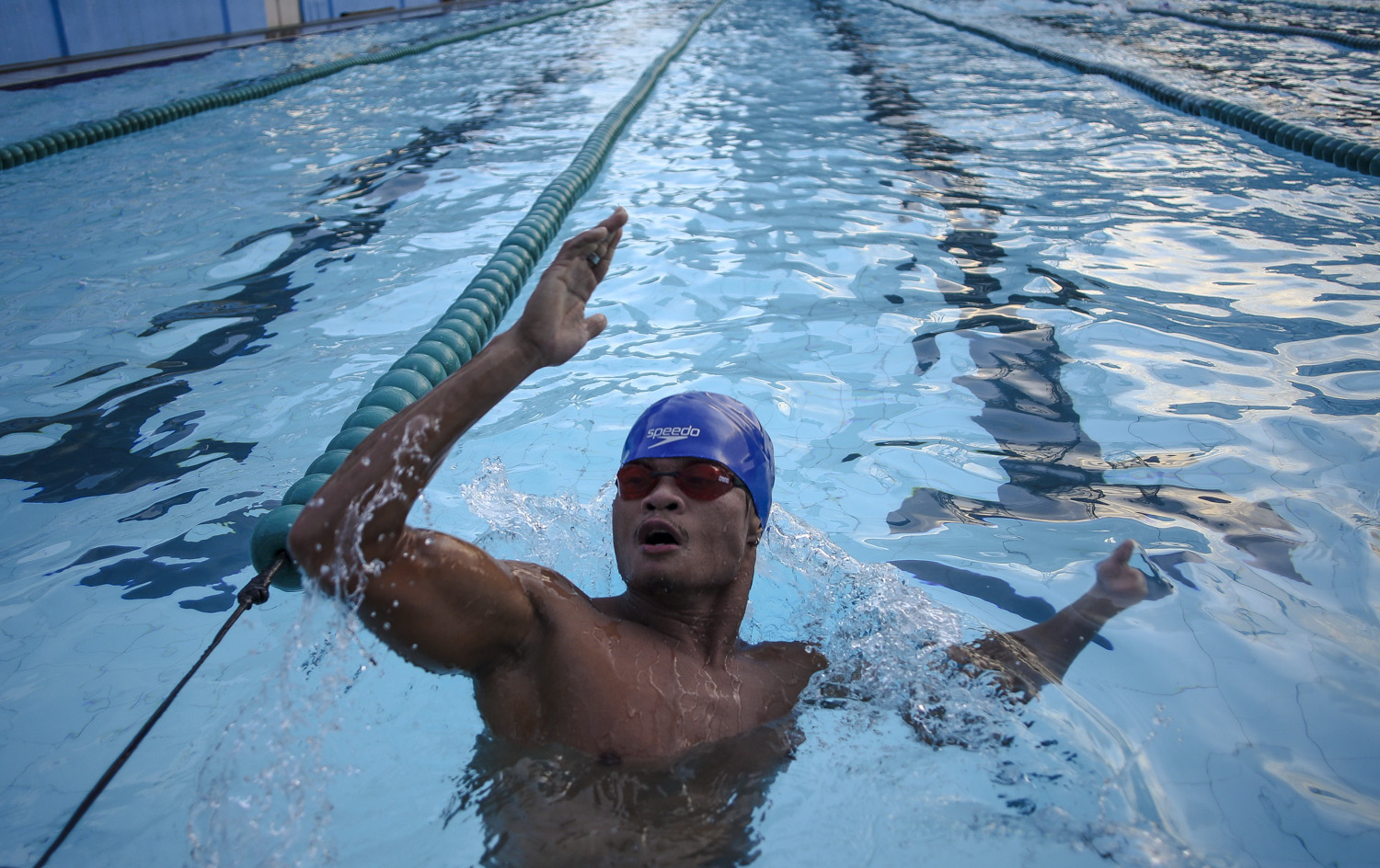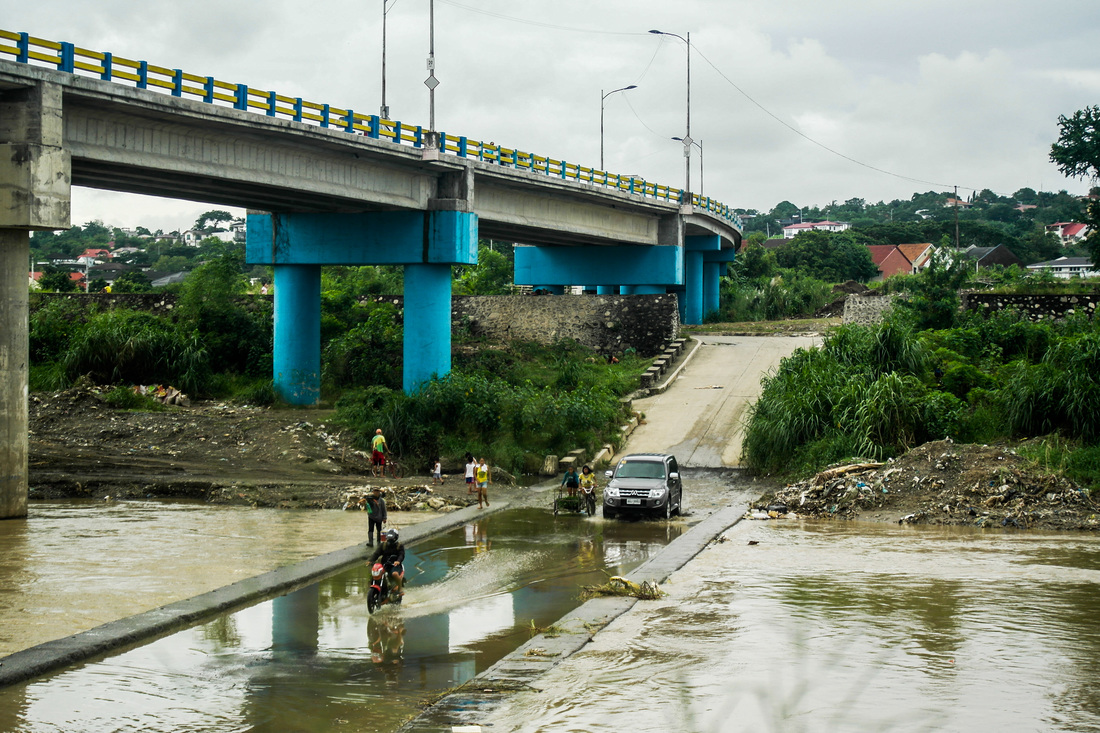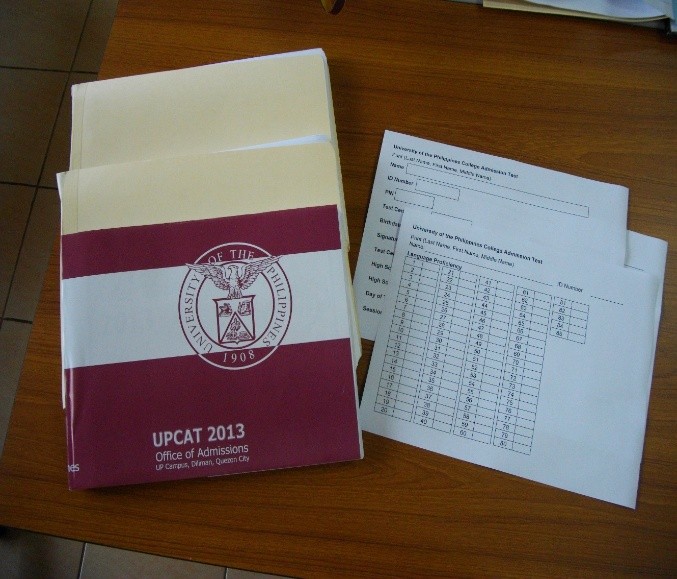
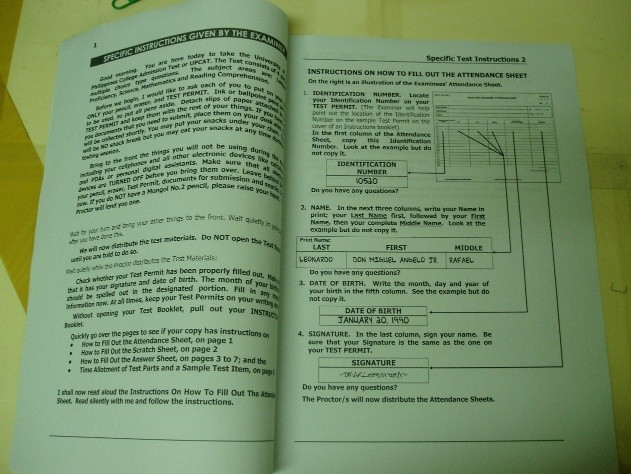
IN 2008, on its centennial, the University of the Philippines formally developed the Special UP College Admission Test (UPCAT) in an attempt to implement the mandate on accessible education provided in the Magna Carta for Persons with Disabilities (PWDs) and the university’s own charter.
The Special UPCAT is designed to improve opportunities for PWDs to take the admission test to the university, with reasonable accommodation extended to examinees based on their special needs.
Since 2008 the UPCAT Application Form has included a tick box for an applicant to disclose if he or she has any physical disability or condition.
Once a student answers yes, the form goes straight to Diane Catibog of the Office of Admissions. Catibog, in turn, asks for medical reports, talks to the student’s parents and high school officials, and arranges the necessary accommodation.
Some forms of accommodation extended for the Special UPCAT include special test materials, such as large-type test booklets for those with low vision, and booklets with verbatim instructions for those who have hearing impairment.
The examination can also be administered through computerized answering, one-on-one dictated examinations, and if necessary, with sign language interpreters.
In 2013, a test booklet printed completely in Braille was developed and used for the first time by two blind examinees. One of them passed, and is now studying at UP Baguio.
Since 2003, the Office of Admissions has recorded a total of 122 UPCAT examinees with disabilities. The most number of examinees in that period was in 2012, with 19 students.
Hearing impairment, either deaf or hard of hearing, was the most frequent condition of the examinees. Nine examinees in the 2009 UPCAT listed this disability. Data also show that most examinees with disabilities qualify in the Diliman campus.
Catibog said despite the accommodations extended to examinees, the UP standard is still applied, and entrance to the university is still by merit. The student must still take the admission test and make it to the cut-off grades set by each campus.
“We can give you as much opportunity, but we can only go so far in helping out,” she said.
Dr. Therese Bustos of the UP Special Education Area has been a facilitator of the Special UPCAT since 2009. She provides sign language interpretation to students who may need it.
“The core of an accommodation is having the same content, the same performance expectations,” she said. “A person with disability who enters the university would have gone through the same test, and would have passed using the same cut-off score.”
However, there are limitations to these efforts. For instance, the special test can only be conducted in Diliman because of security measures linked to the highly confidential qualifying exam.–Jhesset Thrina O. Enano
